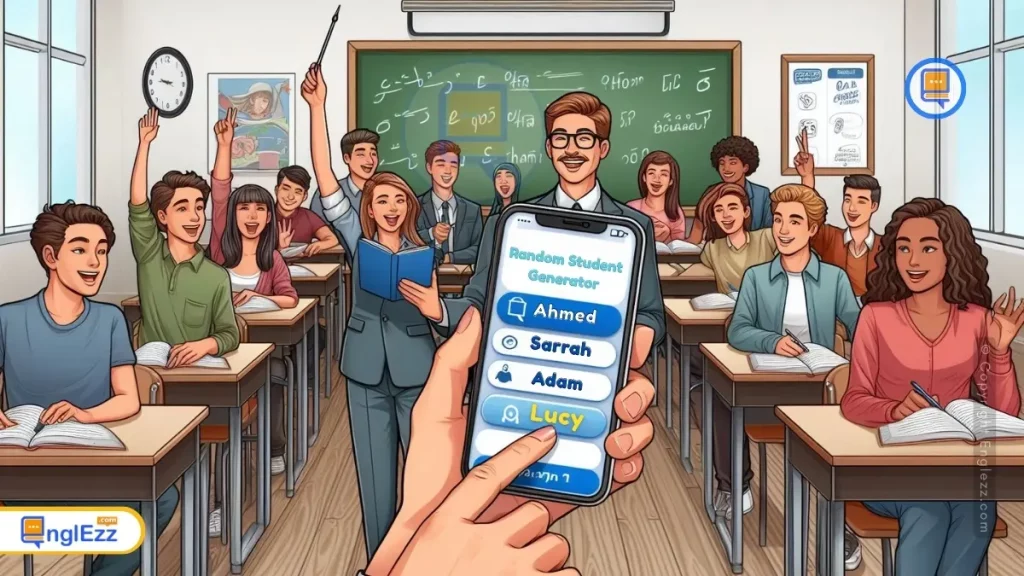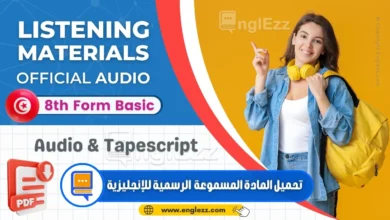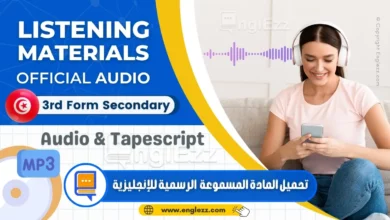Teachers are always looking for ways to save time and engage students fairly. A random student number generator is a digital tool that helps educators select students randomly for questions, group work, or activities. This eliminates bias, keeps students attentive, and makes classroom management easier.
Traditional methods like drawing names from a hat or using popsicle sticks work but are slow. Digital randomizers are faster, more efficient, and work well for in-person and online classes. They can also track participation over time.
This post explores how random student number generators work, their benefits, and the best tools available. You’ll also learn tips for using them effectively in the classroom. Let’s dive in!
What Is a Random Student Number Generator?
A random student number generator is a digital tool that picks students fairly without bias. Teachers input their class list, and the tool selects names or numbers at random. Some tools also allow saving class rosters for repeated use.
These generators use algorithms to ensure true randomness. Unlike manual methods, they can’t be influenced by subconscious favoritism. Many also include features like tracking participation or grouping students.
Random Student Number Generator: A Modern Teacher Time-Saver
A modern random number generator for teachers to select students with confetti animation
Start using a randomizer today and see the difference in your classroom
Random Student Selector
Selected Student
They work for all grade levels and class sizes. Whether you have 10 students or 50, a digital randomizer makes selections quick and easy.
Key Takeaways:
- Eliminates bias in student selection
- Works for any class size
- Can save and reuse class lists
Why Teachers Should Use a Random Number Generator
Random selection keeps students engaged because anyone could be called on next. It encourages all learners to participate, not just the eager ones. Teachers also save time by automating selections instead of manual methods.

These tools help with grouping students for projects fairly. They can also track which students have already participated to ensure everyone gets a turn. This is great for equity in discussions.
Digital randomizers work for in-person and virtual classrooms. They integrate with platforms like Google Classroom, making them versatile for any teaching environment.
Make Your Own Random Name Picker Benefits:
- Increases student engagement
- Saves teachers time
- Works for in-person and online classes
Top Student Random Name Picker for Teachers
Several great tools are available for teachers. Wheel of Names is a free, fun option that spins a wheel to pick students. ClassDojo has a built-in randomizer that also tracks behavior.
Flippity Random Name Picker uses Google Sheets for easy setup. Random.org offers a simple number generator for quick selections. Many learning management systems like Canvas also have this feature built in.
Each tool has unique benefits. Some focus on fun visuals, while others prioritize data tracking. Choose one that fits your teaching style.
Key Takeaways:
- Wheel of Names is visual and engaging
- ClassDojo combines selection with behavior tracking
- Flippity integrates with Google Sheets
How to Use a Random Student Picker in Class
First, upload your class list to the tool. Most allow manual entry or importing from a spreadsheet. Then, customize settings like group sizes or exclusion of absent students.
Use it daily for cold calling or selecting presenters. For group work, set the generator to pick random teams. Some tools let you save past selections to avoid repeats.
Make it fun by adding sound effects or animations. Students enjoy the gamified aspect, which reduces anxiety about being called on.
- Upload your roster for quick access
- Use for cold calling, groups, or presentations
- Add fun elements to keep students excited
Benefits of Random Selection in the Classroom
Random selection ensures every student has an equal opportunity to participate. It prevents teachers from unconsciously favoring certain learners. This promotes fairness and inclusivity.
It also keeps students on their toes. When anyone could be called next, they’re more likely to stay engaged. This is especially helpful for shy students who might otherwise avoid participation.
Teachers can focus more on teaching and less on choosing who answers next. Automated tools reduce decision fatigue and save valuable class time.
Key Takeaways:
- Encourages equal participation
- Keeps students attentive
- Reduces teacher workload
Creative Ways to Use a Student Randomizer
Beyond calling on students, use it to assign classroom jobs randomly. Pick who cleans the whiteboard or passes out papers. This makes routine tasks fair and fun.
For project-based learning, randomize team assignments. This helps students work with different peers. You can also use it to select debate teams or quiz bowl participants.
In language classes, use it to assign speaking roles in dialogues. For younger students, pick who leads the calendar time or reads aloud.
Key Takeaways:
- Assign classroom jobs fairly
- Create diverse project groups
- Enhance language practice
Common Challenges and Solutions
Some students may feel anxious about random calling. Ease this by letting them pass once per class or giving think time before answering.
Tech issues can arise if the tool doesn’t load. Always have a backup method ready, like numbered popsicle sticks. Ensure your class list is updated to avoid calling absent students.
If participation tracking is off, students may get called too often. Use tools that record selections or manually note who’s already spoken.
Key Takeaways:
- Reduce anxiety with flexible rules
- Have a non-digital backup
- Track participation to ensure fairness
This random student number generator is a must-have for modern teachers. It saves time, boosts engagement, and ensures fairness. With many free options available, there’s no reason not to try one.
FAQs About Random Student Pickers
Q: Are these tools really random?
A: Yes, they use algorithms to ensure fairness, unlike manual methods.
Q: Can I use them for online classes?
A: Absolutely! Many integrate with Zoom or LMS platforms.
Q: Is there a cost?
A: Most basic tools are free, with premium features available.








